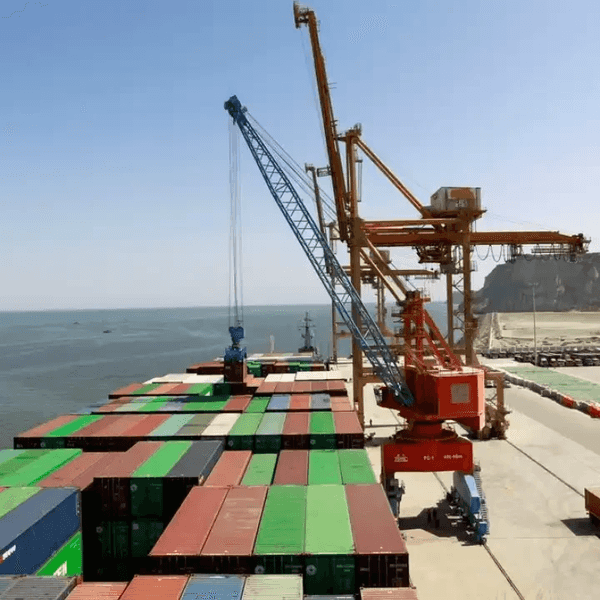Trump proposes oil tariffs, exits climate accord, shaking global markets
Trump’s proposed tariffs on Canadian, Mexican oil aim to prioritize U.S. energy, risk global trade disruptions
Dubai Desk
The Dubai Desk reports on major developments across the UAE, covering news, culture, business, and social trends shaping the region.

From exiting the Paris Climate Agreement to lifting offshore drilling bans, Trump’s energy policies signal a dramatic shift in U.S. priorities.
Shutterstock
Brent crude rose above $80 per barrel, while WTI stayed near $77 per barrel.
Trump’s tariff proposals on Canada and Mexico raised concerns, with details on China tariffs still undisclosed.
Instable oil markets were fueled by heating oil demand, U.S. sanctions on Russia, and potential sanctions on Iran and Venezuela.
Oil prices fluctuated sharply as traders reacted to a series of pledges and executive orders from President Donald Trump, Bloomberg reported.
These included a potential 25% tariff on Canadian oil, plans to boost U.S. energy production, and declarations of a national energy emergency.
Crude Market Snapshot
Brent crude recovered to trade above $80 per barrel after three consecutive days of losses, while West Texas Intermediate (WTI) hovered near $77 per barrel.
Trump’s proposed tariffs of up to 25% on oil producers in Canada and Mexico, set to take effect next month, sparked concerns across global markets. However, the President withheld specific details on tariffs for China, opting instead to direct his administration to address global unfair trade practices, according to a White House fact sheet obtained by Bloomberg.
Rising Instability in Oil Markets
The year began with strong demand for heating oil driven by cold weather across the Northern Hemisphere. This demand, coupled with U.S. sanctions on Russia's oil sector, has significantly disrupted global energy flows. Trump’s Treasury Secretary nominee has signaled support for increased sanctions on Moscow, with potential sanctions on Iran and Venezuela looming as additional risks.
From the Oval Office, Trump stated: "We are considering a 25% tariff on Mexico and Canada because they allow large numbers of people to enter our country. I believe we’ll implement this by February 1."
Major Policy Shifts
Trump also announced plans to replenish the U.S. Strategic Petroleum Reserve to its highest levels, reversing its decades-low status. Additionally, he withdrew the U.S. from the Paris Climate Agreement and lifted offshore drilling bans, reopening vast stretches of coastal waters for energy exploration.
Regional Developments
In Yemen, the Iran-backed Houthi group agreed to halt attacks on U.S. and British vessels in the Red Sea, following a ceasefire between Israel and Hamas. Over the past year, the Houthis had disrupted global trade by targeting commercial tankers, amplifying geopolitical risks in the region.
As oil markets continue to adjust to policy shifts and geopolitical pressures, the landscape remains fraught with uncertainty.







Comments
See what people are discussing